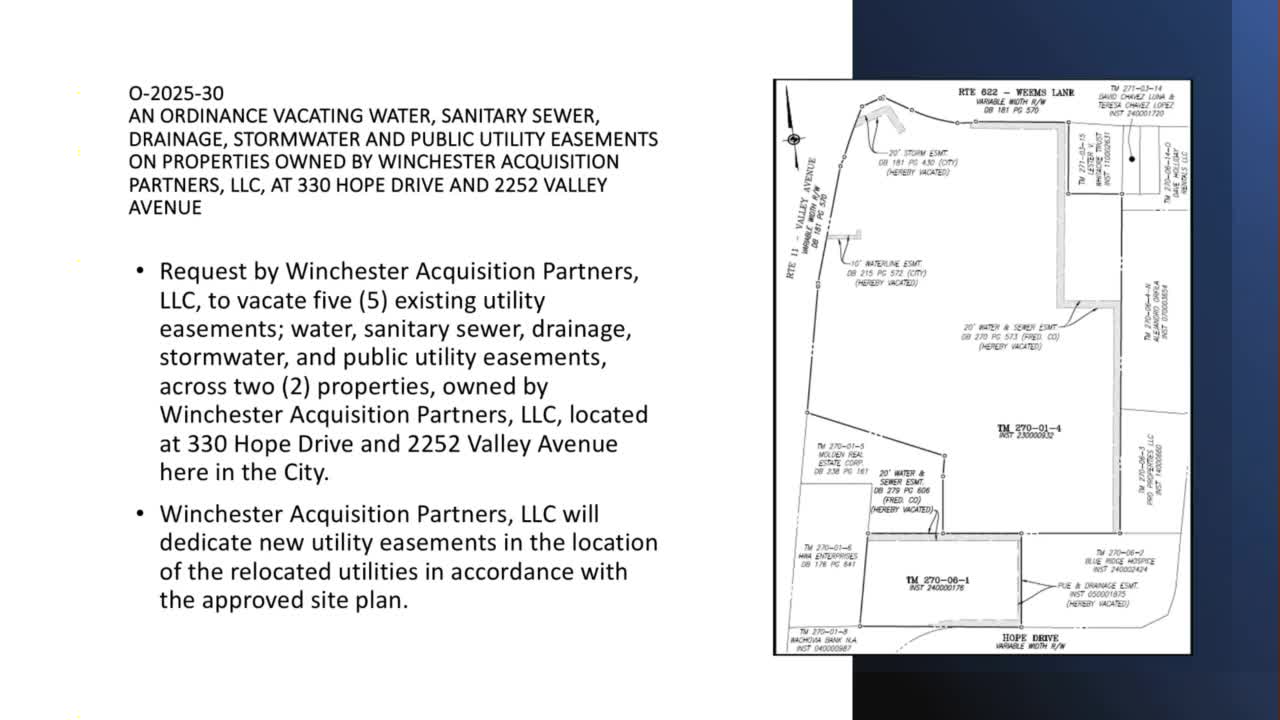Article not found
This article is no longer available. But don't worry—we've gathered other articles that discuss the same topic.
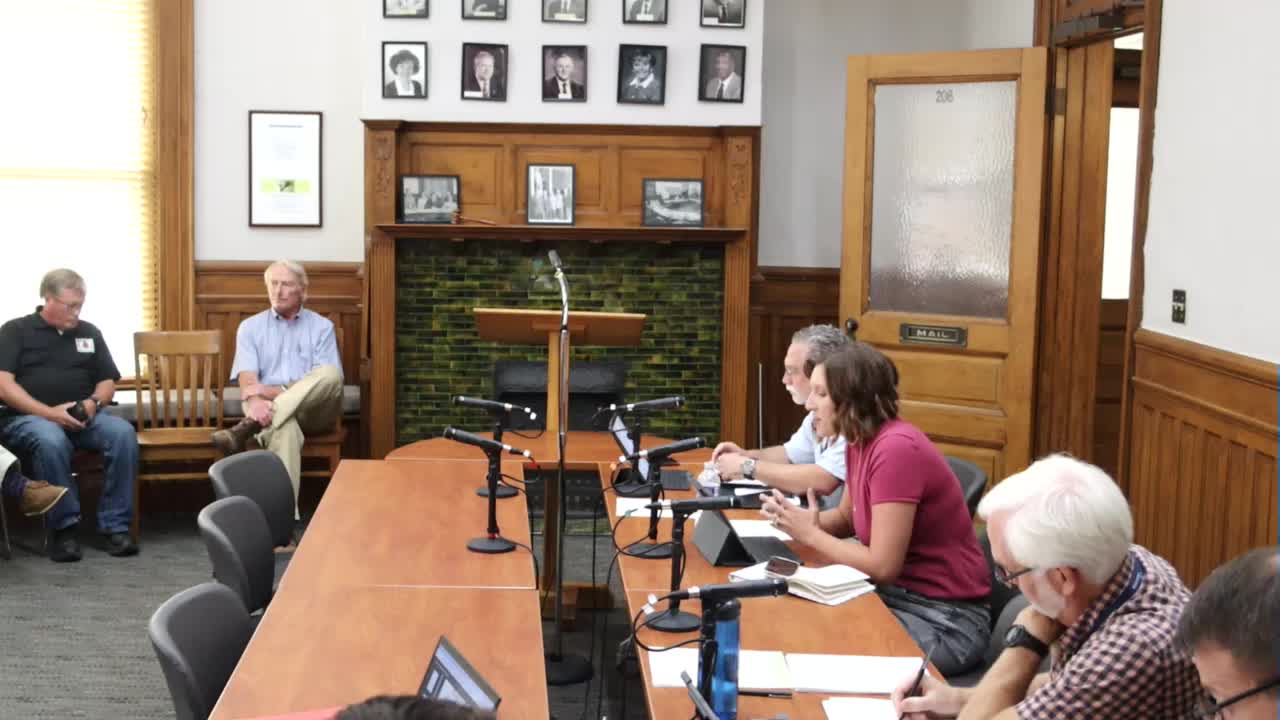
Committee backs easement to allow ADA ramp at East South Works Street building
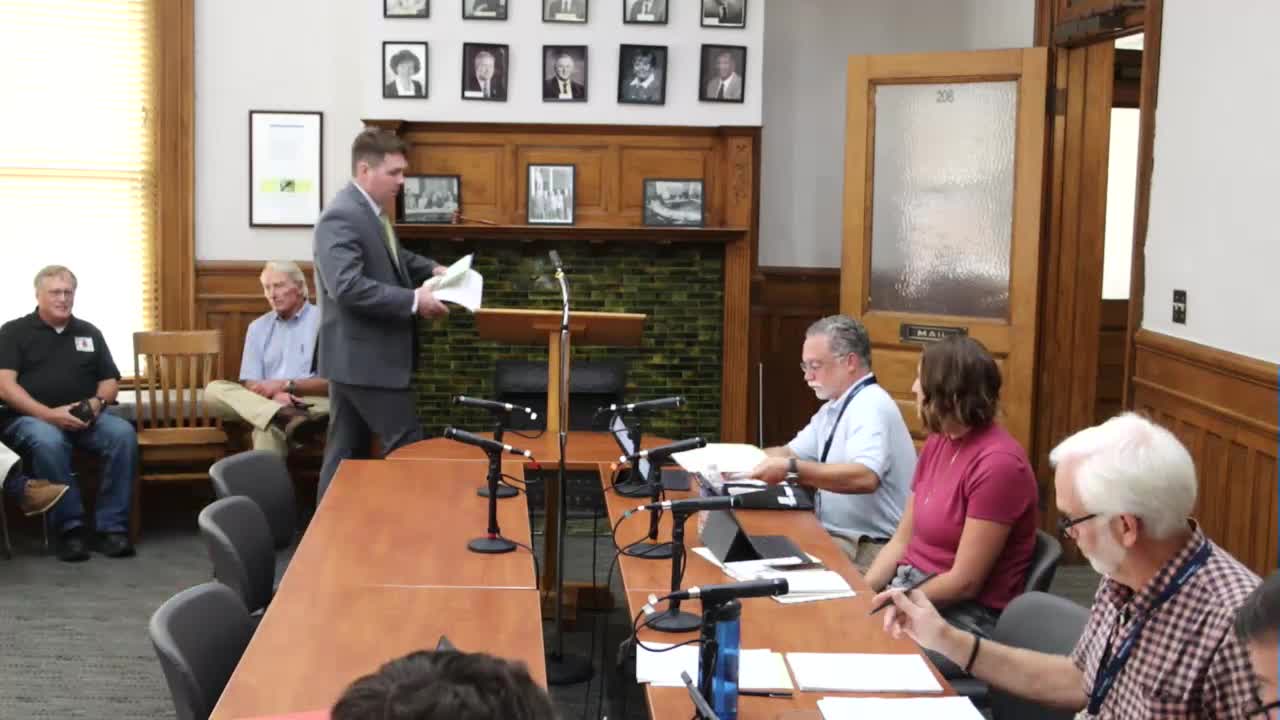
Winchester committee forwards Cider Hill rezoning, text changes and comprehensive-plan update after industry concerns
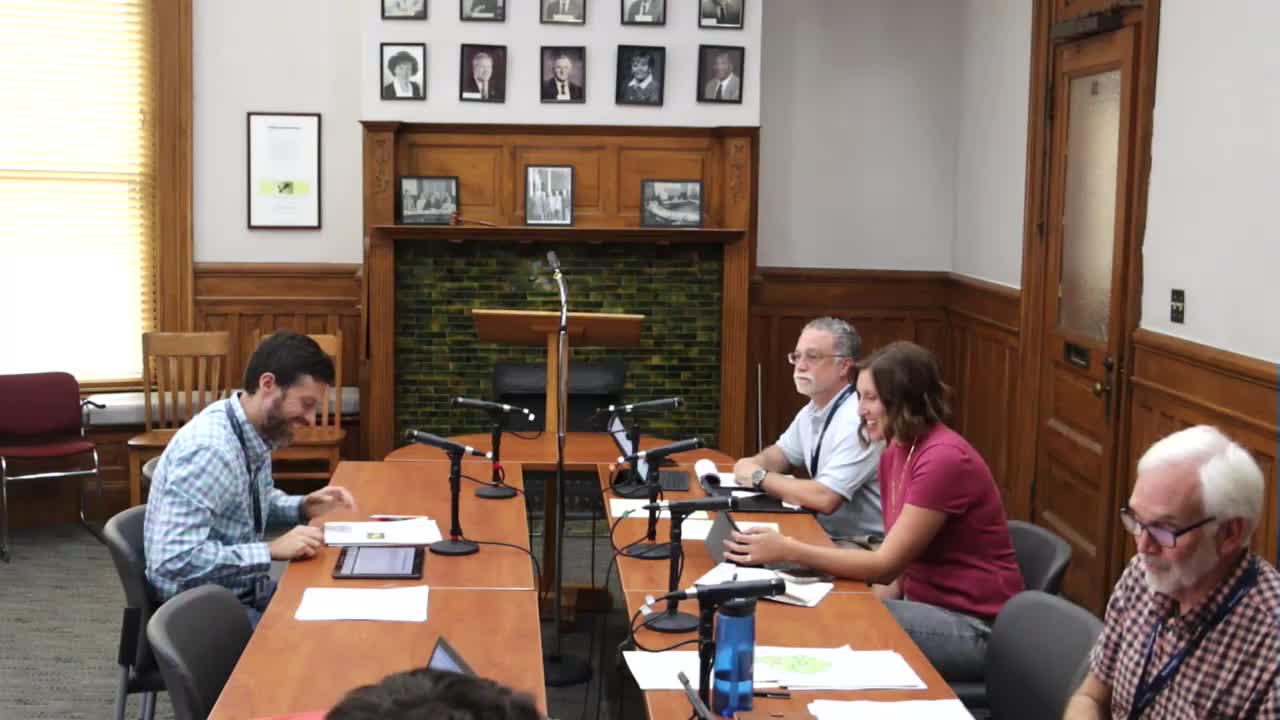
Committee forwards batch zoning updates covering state code changes, cottage-housing and short-term rental rules
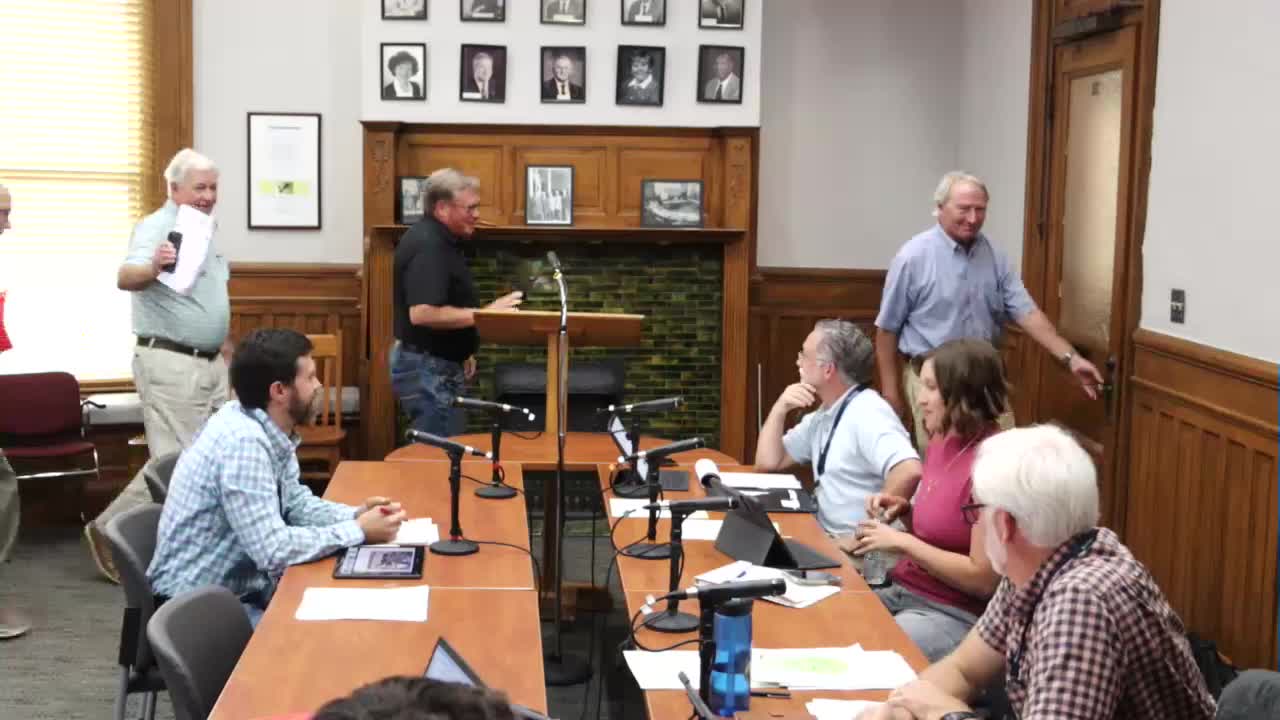
Committee approves conditional-use permit for ground-floor residential conversion with storefront appearance conditions
